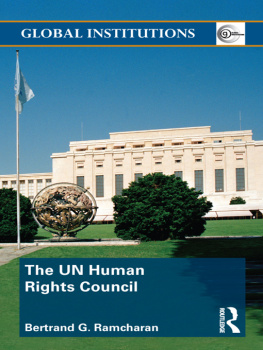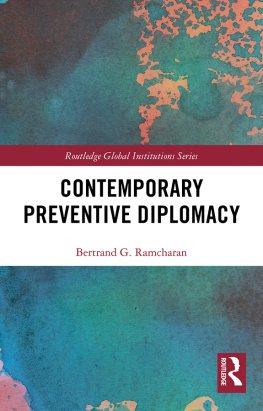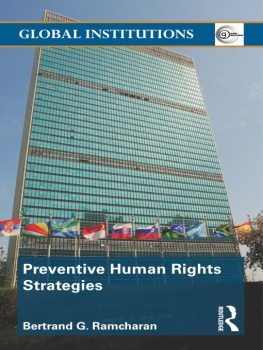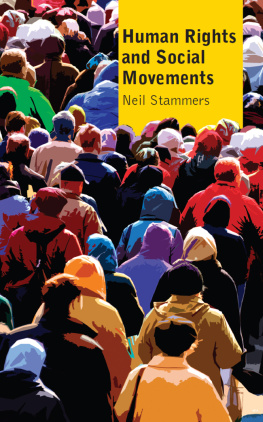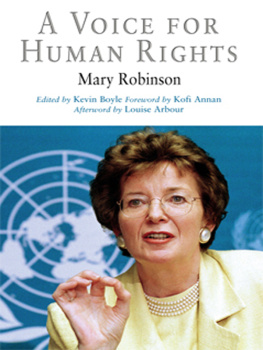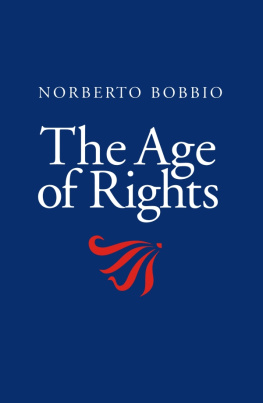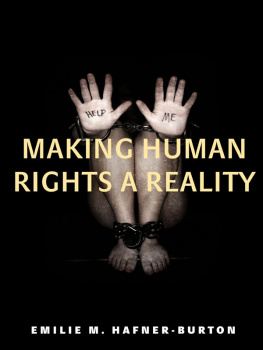The UN Human Rights Council
The UN Human Rights Council provides a detailed insight into this important organization. The United Nations was founded in the hope that lasting peace would be built on the foundations of human rights and economic and social progress. In 2006 the Commission on Human Rights was replaced by the Human Rights Council as the principal UN body concerned with human rights. It is even possible that the council might eventually become a principal organ of the world organization.
The Human Rights Council is already the subject of major public interest and controversy. The council has been criticized for having dropped some of the protection strategies of the former commission, and this book aims to present a balanced view of the council, outlining its current role, acknowledging where it has made positive contributions, highlighting its deficiencies, and identifying options for improving the bodys future work.
This book is destined to become the leading text on the Human Rights Council and will be essential reading for all those concerned with the future of international relations, international organizations and human rights.
Bertrand G. Ramcharan is a Barrister-at-Law of Lincolns Inn and Senior Fellow at the Ralph Bunche Institute for International Studies, City University of New York (CUNY), USA. His publications include Contemporary Human Rights Ideas (2008) and Preventive Human Rights Strategies (2010).
Routledge Global Institutions Series
Edited by Thomas G. Weiss
The CUNY Graduate Center, New York, USA
and Rorden Wilkinson
University of Manchester, UK
About the series
The Global Institutions Series is designed to provide readers with comprehensive, accessible, and informative guides to the history, structure, and activities of key international organizations as well as books that deal with topics of key importance in contemporary global governance. Every volume stands on its own as a thorough and insightful treatment of a particular topic, but the series as a whole contributes to a coherent and complementary portrait of the phenomenon of global institutions at the dawn of the millennium.
Books are written by recognized experts, conform to a similar structure, and cover a range of themes and debates common to the series. These areas of shared concern include the general purpose and rationale for organizations, developments over time, membership, structure, decision-making procedures, and key functions. Moreover, current debates are placed in historical perspective alongside informed analysis and critique. Each book also contains an annotated bibliography and guide to electronic information as well as any annexes appropriate to the subject matter at hand.
The volumes currently published are:
55 The UN Human Rights Council (2011)
by Bertrand G Ramcharan (Geneva Graduate Institute of International and Development Studies)
54 The Responsibility to Protect (2011)
Cultural perspectives in the Global South
edited by Rama Mani (University of Oxford) and Thomas G Weiss (The CUNY Graduate Center)
53 The International Trade Centre (2011)
Promoting exports for development
by Stephen Browne (FUNDS Project) and Sam Laird (University of Nottingham)
52 The Idea of World Government (2011)
From ancient times to the twenty-first century by James A. Yunker (Western Illinois University)
51 Humanitarianism Contested (2011)
Where angels fear to tread
by Michael Barnett (George Washington University) and Thomas G. Weiss (The CUNY Graduate Center)
50 The Organization of American States (2011)
Global governance away from the media
by Monica Herz (Institute of International Relations, Catholic University, Rio de Janeiro)
49 Non-Governmental Organizations in World Politics (2011)
The construction of global governance
by Peter Willetts (City University, London)
48 The Forum on China-Africa Cooperation (FOCAC) (2011)
by Ian Taylor (University of St. Andrews)
47 Global Think Tanks (2011)
Policy networks, and governance
by James G McGann (University of Pennsylvania) with Richard Sabatini
46 United Nations Educational, Scientific and Cultural Organization (UNESCO) (2011)
Creating norms for a complex world by J.P. Singh (Georgetown University)
45 The International Labour Organization (2011)
Coming in from the cold
by Steve Hughes (Newcastle University) and Nigel Haworth ( University of Auckland)
44 Global Poverty (2010)
How global governance is failing the poor by David Hulme ( University of Manchester)
43 Global Governance, Poverty, and Inequality (2010)
edited by Jennifer Clapp (University of Waterloo) and Rorden Wilkinson (University of Manchester)
42 Multilateral Counter-Terrorism (2010)
The global politics of cooperation and contestation
by Peter Romaniuk (John Jay College of Criminal Justice, CUNY)
41 Governing Climate Change (2010)
by Peter Newell (University of East Anglia) and Harriet A. Bulkeley (Durham University)
40 The UN Secretary-General and Secretariat (2nd edition, 2010)
by Leon Gordenker (Princeton University)
39 Preventive Human Rights Strategies (2010)
by Bertrand G Ramcharan (Geneva Graduate Institute of International and Development Studies)
38 African Economic Institutions (2010)
by Kwame Akonor (Seton Hall University)
37 Global Institutions and the HIV/AIDS Epidemic (2010)
Responding to an international crisis
by Franklyn Lisk ( University of Warwick)
36 Regional Security (2010)
The capacity of international organizations
by Rodrigo Tavares (United Nations University)
35 The Organisation for Economic Co-operation and Development (2009)
by Richard Woodward (University of Hull)
34 Transnational Organized Crime (2009)
by Frank Madsen ( University of Cambridge)
33 The United Nations and Human Rights (2nd edition, 2009)
A guide for a new era
by Julie A. Mertus (American University)
32 The International Organization for Standardization (2009)
Global governance through voluntary consensus
by Craig N. Murphy (Wellesley College) and Jo Anne Yates (Massachusetts Institute of Technology)
31 Shaping the Humanitarian World (2009)
by Peter Walker (Tufts University) and Daniel G Maxwell (Tufts University )
30 Global Food and Agricultural Institutions (2009)
by John Shaw
29 Institutions of the Global South (2009)
by Jacqueline Anne Br aveboy-Wagner (City College of New York, CUNY)
28 International Judicial Institutions (2009)
The architecture of international justice at home and abroad
by Richard J. Goldstone (Retired Justice of the Constitutional Court of South Africa) and Adam M. Smith (Harvard University)
27 The International Olympic Committee (2009)
The governance of the Olympic system
by Jean-Loup Chappelet (IDHEAP Swiss Graduate School of Public Administration) and Brenda Kubler-Mabbott
26 The World Health Organization (2009)
by Kelley Lee (London School of Hygiene and Tropical Medicine)
25 Internet Governance (2009)
The new frontier of global institutions by John Mathiason (Syracuse University)
24 Institutions of the Asia-Pacific (2009)
ASEAN, APEC, and beyond
by Mark Beeson ( University of Birmingham)
23 UNHCR (2008)

